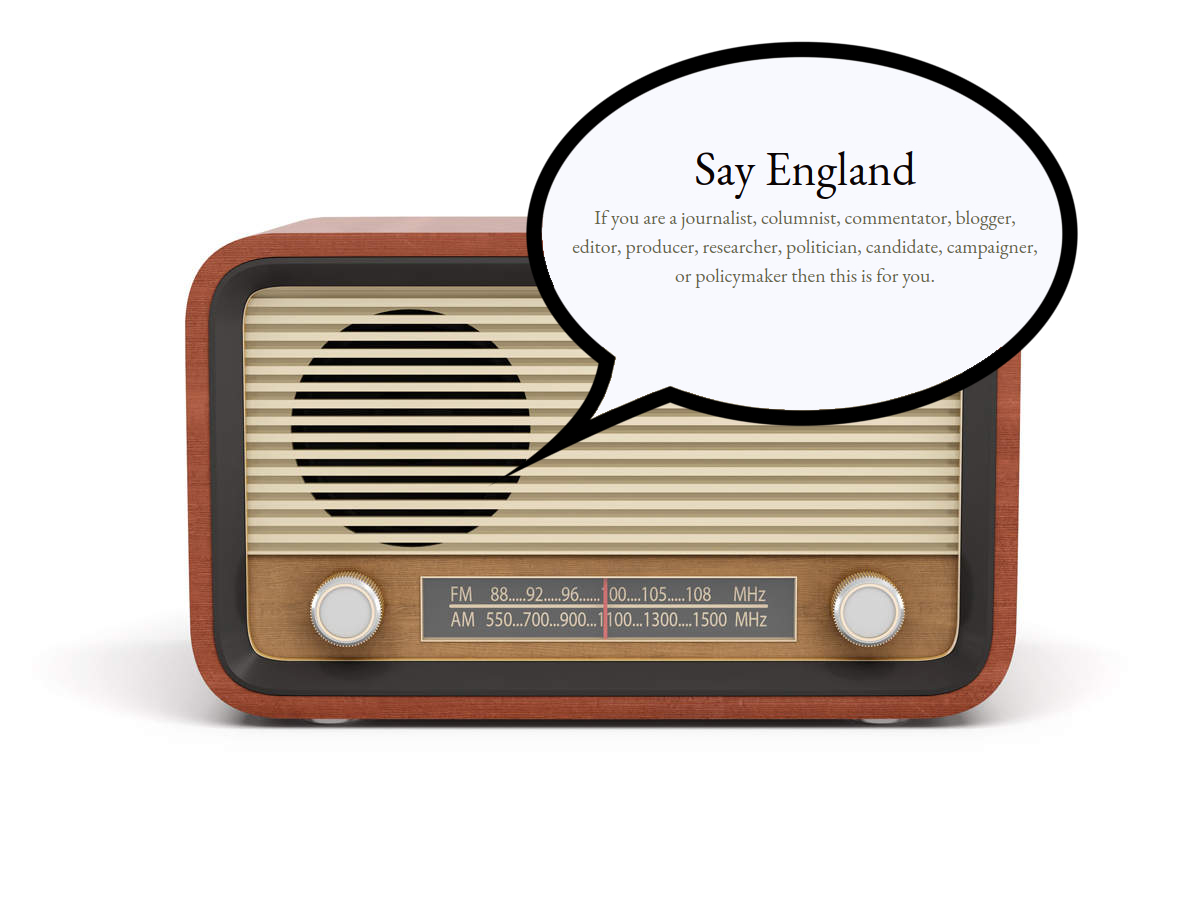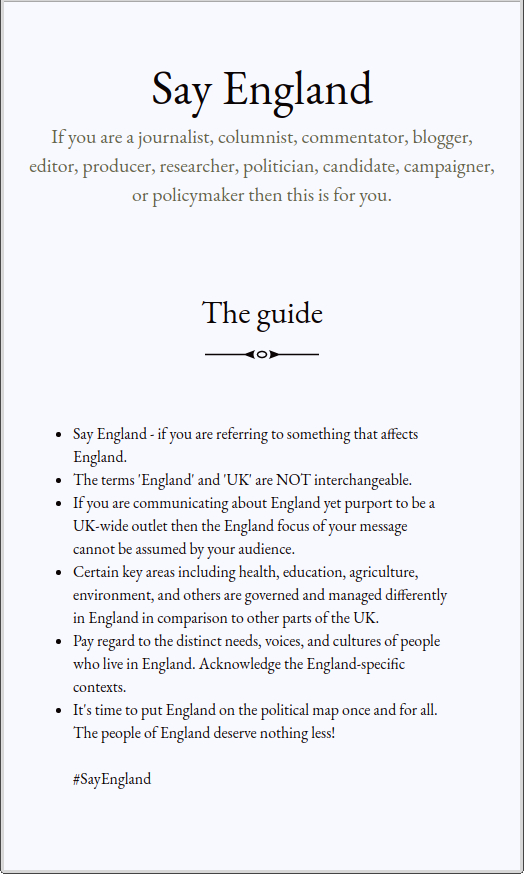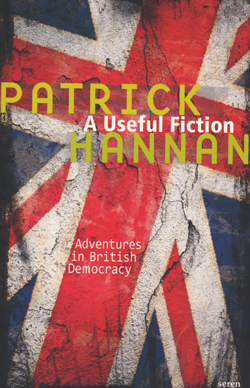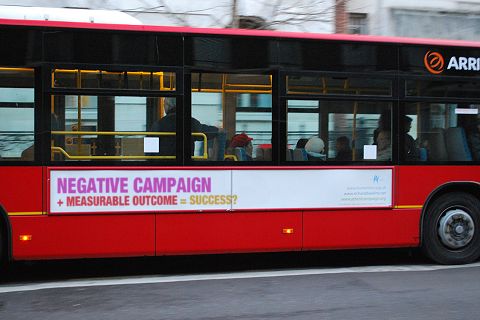I’m very pleased about the yes result in the Referendum on further powers for the National Assembly. These powers will ultimately benefit Wales. This post is only partly about that, it’s certainly not an attempt to sum up the total of my views on the subject – or give you a general picture. I think various blogs and commenters have done that very well.
I blog when I want to put a page or thought on the web that I don’t see from anywhere else. So this time I want to talk about my experience yesterday and jot down a thought about the “public space”.
As I was going through the coverage today, in particular Syniadau’s full videos from the leaders’ speeches in the Assembly building, it struck me today how removed from the event I was. Even though yesterday I was only about fifty yards away from the Assembly building.
Yesterday afternoon, before any of the counts, I made the short journey to Cardiff Bay. I already knew my chances of going in were small, my companion had official clearance and I didn’t. But I also knew that the yes campaign was the clear favourite in the opinion polls and was backed by all the main parties. Regardless of the outcome I considered it to be a historically significant event so I figured I wanted to be at the source. That’s not so much from a blogger’s point of view as just a citizen. If sneaking into the Assembly building wasn’t an option, perhaps I could be part of the fringe.
Cardiff Bay was about as busy as it ever is on any ordinary afternoon.
There was nothing unusual except the BBC and their twin portable offices. Maybe a few other journalists were roaming, but it was a small presence.
We walked up the steps, passing a police officer and assorted Assembly staff. We walked past the airport-style scanners to a desk. It was all very spacious, a lot of light through glass on every side, no bustling crowd in the reception. Staff representing the Electoral Commission were behind the desk with one greeter, wearing an orange Iaith Gwaith badge, standing in front. My companion had her name checked off one of the lists on the desk. “I think you’re on this list here.”
They turned to me: “Do you have accreditation?” and I replied no. In my peripheral vision I sensed a twitch of security staff on standby. Rather than stop to glean any insights from a hopeless situation I made plans for a reunion with my companion and I walked out. It was a pity not to be allowed in.
Plan B: now at least I could hurry home and check the online bustle. I could read some stats and binge on data rolling into multiple windows, radio and TV signals.
Except it didn’t feel like that kind of event.
Minutes later on the way home it was encouraging to bump into my old tutor on his bike, heading Bay-ward to sample the action. I did a u-turn. Soon after we absorbed a stray yes campaigner (who I’d only recently met on the streets last weekend). The three of us gathered round a transistor radio in the sun, discussing the results as they came in, watching the Bay. So much for the fringe though. We were the fringe.
It was a good afternoon. Someone mentioned that the news screen in The Hayes in the centre of town had assembled a modest number of passers-by. Where was our screen? I also thought of the people at the various counts around Wales, people at home in clusters cracking open a lager with friends, office staff gathering around monitors. We heard the cheering on the radio but I felt pretty atomised from all that.
There were other strays. Later in the Millennium Centre, waiting for the last two results, we spotted a well known Welsh historian strolling around in hiking boots, sampling the mood from passers-by, doing what historians presumably do on a historical day.
I’m trying to give you an image here of how quiet it was in the Bay. I guess events sometimes happen like that. It wasn’t a Berlin Wall moment or an Obama moment or a crowning of Hywel Dda moment.
What was public about the event was that it was broadcast in the media. The glass-walled conference with the leaders was designed for the media. But what struck me is how exclusive this conference was, when it probably didn’t need to be. I wanted a GATHERING. Political events of historical importance should be public events. You know, with speeches to the plebs, cheering, maybe a rogue boo.
What about that huge space in front of the Assembly? Or maybe inside the red Pierhead Building? Crowds are not organised as such, they appear as a congregation around the announcements – when citizens are given access. This should be the default. Of course security is an issue but if you’re a politician you should accept the small risk as you do frequently anyway. Just get out there. Stand on a platform and talk to us.
The party members gradually trickled out eventually, to pose for photos.
I should also mention that I’d arrived wearing a Yes For Wales / Ie Dros Gymru t-shirt, holding an afro wig and some oversized sunglasses. I came prepared. Thing is, you never know when a Wales political carnival will spontaneously break out and you might need to blend in with – say – fire eaters, stilt walkers and vuvuzela orchestras. This BBC photo montage captures “scenes” from the results day, including the lone figure, me. I don’t want to diminish the importance of Wales’ decision or the change but on the day there was very little that could be called a scene.


 Sometimes I feel as if I’m always playing catch-up.
Sometimes I feel as if I’m always playing catch-up.